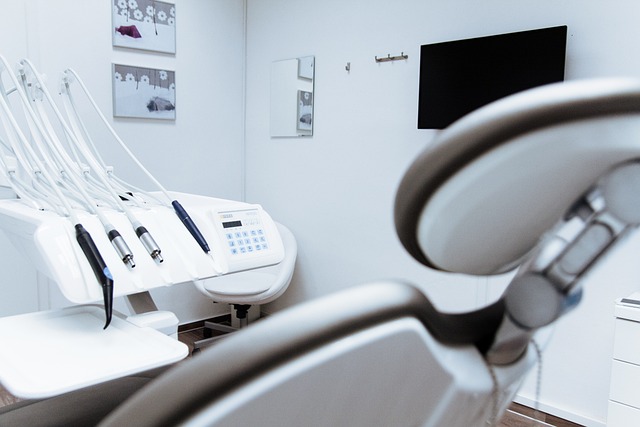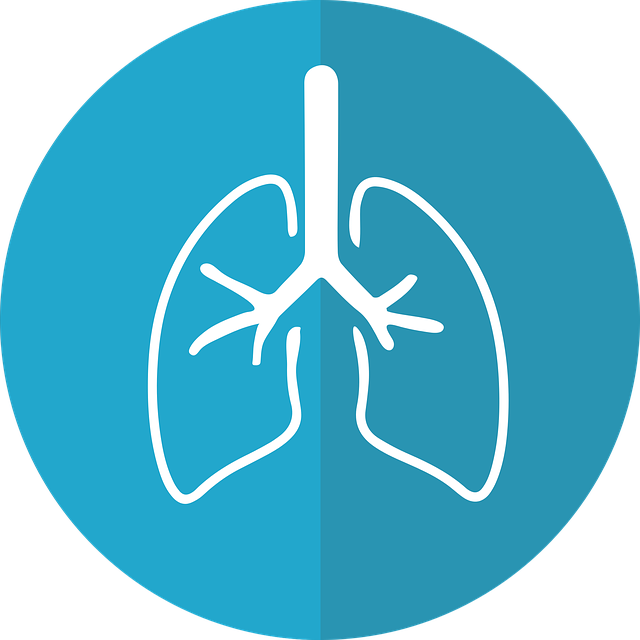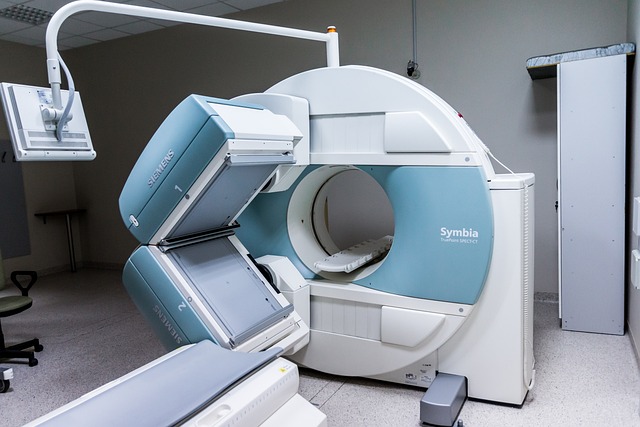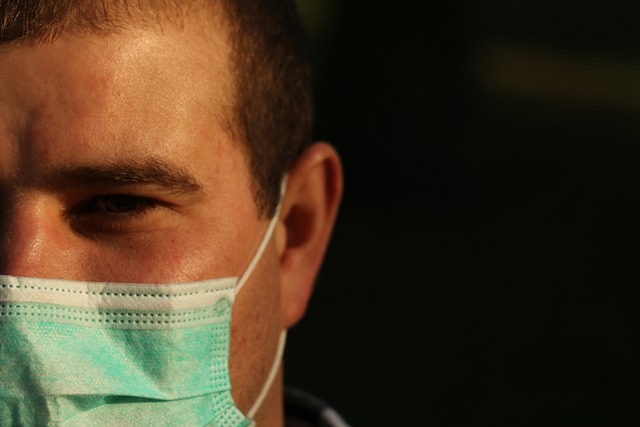Navigating Medical Record Translation Compliance and Precision in the UK Health Sector
The United Kingdom's healthcare system relies on Medical Record Translation UK services to ensure that multilingual patients receive accurate and culturally sensitive medical care. These translations must adhere to stringent legal standards, in…….

The United Kingdom's healthcare system relies on Medical Record Translation UK services to ensure that multilingual patients receive accurate and culturally sensitive medical care. These translations must adhere to stringent legal standards, including GDPR and the UK's Data Protection Act 2018, to protect patient privacy. Specialist translators with expertise in both language nuances and medical terminology are essential for this task, as they must accurately convey complex health information across different languages while maintaining regulatory compliance. The precision of these translations is critical for avoiding misdiagnoses or incorrect treatment plans, which could arise from mistranslations. Medical Record Translation UK professionals navigate the intersection of language and medical practice, enabling healthcare providers to make informed decisions based on precise patient information. Their work upholds the integrity and functionality of the UK's healthcare system by ensuring that all patients, regardless of linguistic background, receive care that is both effective and respectful of cultural differences.
navigating the complexities of healthcare communication is pivotal, especially within multilingual communities. In the UK, where patient care transcends linguistic barriers, professional translations of medical reports emerge as a critical service. This article delves into the nuanced role of Medical Record Translation UK, emphasising the significance of precision and cultural sensitivity to accurately convey sensitive health information. We explore the legal landscapes that govern this practice, the challenges faced by translators, and the selection of reputable translation services. Through case studies, we illuminate the transformative impact such translations have on patient care. Additionally, we address data protection and confidentiality concerns to ensure ethical and compliant practices in Medical Report Translation UK.
- Understanding the Role of Medical Record Translation in the UK
- The Importance of Accuracy and Cultural Sensitivity in Medical Report Translations
- Legal Frameworks Governing Medical Record Translation for UK Authorities
- Key Challenges in Translating Medical Reports for Non-English Speakers
- Selecting a Professional Translation Service for Medical Records in the UK
- The Translation Process: From Source to Target Language with Precision
- Case Studies: How Medical Record Translation Has Facilitated Patient Care in the UK
- Ensuring Compliance with Data Protection and Confidentiality in Medical Report Translations
Understanding the Role of Medical Record Translation in the UK

Within the complex and highly regulated field of healthcare in the United Kingdom, the accuracy and precision of medical record translation are paramount. The role of translating medical records is not merely a matter of linguistic equivalence; it encompasses a profound understanding of medical terminology, the nuances of patient care, and the legal implications associated with health information. Medical Record Translation UK services play a critical function in supporting multilingual communities, ensuring that healthcare providers can access, understand, and act upon crucial patient data regardless of the original language. This process is integral for maintaining patient safety, facilitating effective communication between medical professionals and patients, and adhering to the stringent data protection laws that govern the UK. Translators specialising in Medical Record Translation UK must possess a combination of linguistic expertise and medical knowledge to accurately convey information, maintain confidentiality, and comply with professional standards such as the British Standard for translation services. The stakes are high, as errors can lead to misdiagnosis, incorrect treatment plans, or breaches of patient privacy, making the Medical Record Translation UK a vital component in the healthcare ecosystem.
The Importance of Accuracy and Cultural Sensitivity in Medical Report Translations

In the realm of healthcare, the precision and fidelity of medical report translation are paramount, especially within the UK authorities. Medical Record Translation UK services must adhere to the highest standards of accuracy to ensure that patient care remains uncompromised. A minor error in translation can lead to misdiagnosis or inappropriate treatment, potentially jeopardising a patient’s well-being. Therefore, translators specializing in Medical Record Translation UK must possess not only linguistic expertise but also a comprehensive understanding of medical terminology and the context within which it is used. This dual proficiency is crucial to convey the exact meaning of the original document accurately, facilitating informed decision-making by healthcare providers.
Cultural sensitivity further accentuates the importance of meticulous translation practices. The UK’s diverse population means that medical reports often involve multilingual patients and a variety of cultural backgrounds. A culturally sensitive approach to Medical Record Translation UK ensures that nuances, idioms, and culturally specific expressions are accurately interpreted, avoiding misunderstandings or offence. This cultural competence is essential in maintaining patient trust and respect for their cultural identity, which is integral to the therapeutic relationship and effective communication between patients and healthcare professionals. Thus, the translator’s role extends beyond mere linguistic translation to encompass a deeper appreciation of cultural nuances, thereby supporting the delivery of care that is both sensitive and effective.
Legal Frameworks Governing Medical Record Translation for UK Authorities

In the context of the United Kingdom, medical report translations are subject to stringent legal frameworks that ensure the accuracy and confidentiality of patient information. The General Data Protection Regulation (GDPR), which complements the UK’s Data Protection Act 2018, sets out clear guidelines on the handling and processing of personal data, including medical records. Translators working with sensitive health information must adhere to these regulations, maintaining the integrity and privacy of individuals’ health data. Additionally, the Medical Reports (Professional and Lay Perspectives) (Quality and Safety) Regulations 2019 dictate that translations used for official purposes, such as those submitted to UK authorities, must be precise and accurate. This legislative requirement underpins the necessity for professional translators specialising in medical terminology to provide translations of medical reports in the UK. These translators must not only possess a comprehensive understanding of language nuances but also be well-versed in medical jargon to ensure that the translation accurately conveys all the necessary information, complying with the standards expected by authorities and healthcare providers alike.
Key Challenges in Translating Medical Reports for Non-English Speakers

Medical report translation within the UK necessitates a high level of accuracy and cultural sensitivity due to the critical nature of the information being conveyed. The challenges in this field are multifaceted, with linguistic nuances and medical terminology presenting significant hurdles for translators. Firstly, medical terminology often lacks direct equivalents between languages, necessitating a deep understanding of both the source and target language’s medical lexicon to ensure precise communication. This is particularly pertinent when translating Medical Record Translation UK documents, where precise terminology can impact patient care and treatment outcomes.
Secondly, cultural differences and societal norms play a pivotal role in how medical information is perceived and interpreted. A translation that is literal may not convey the intended meaning or may be offensive within another culture. It is imperative for translators to be cognizant of these nuances and to adapt their translations accordingly, taking into account the cultural context of both the patient’s origin and the UK healthcare system. This requires a specialized skill set that combines linguistic prowess with extensive knowledge of medical practices and cultural sensitivity. Translators must also stay abreast of legal requirements and ethical guidelines governing the handling of personal health information, ensuring compliance with regulations such as the UK’s General Data Protection Regulation (GDPR) and the Confidentiality: NHS Code of Practice. The stakes are high, as inaccuracies or misunderstandings can lead to misdiagnosis, inappropriate treatment, or even adverse patient outcomes. Consequently, the role of professional translators in this domain is not only critical but also a cornerstone of equitable healthcare delivery within multicultural societies like the UK.
Selecting a Professional Translation Service for Medical Records in the UK

The Translation Process: From Source to Target Language with Precision

Within the UK’s multicultural landscape, the importance of accurately translating medical records is paramount for patient care and legal compliance. The translation process for medical reports begins with a meticulous selection of professional translators who are not only fluent in both the source and target languages but also possess specialized knowledge in the medical field. This ensures that the nuances of medical terminology are faithfully conveyed, with every pathology report, discharge summary, and patient history accurately captured in the target language. The translator’s role extends beyond mere word-for-word translation; it involves a deep understanding of context, clinical meaning, and cultural nuances to guarantee that the translated content is both accurate and comprehensible to the intended audience.
Upon receiving the medical document, the translator first performs a thorough review to grasp the full scope of the content, including any specialized jargon or complex descriptions of symptoms, diagnoses, and treatments. This initial step is critical as it sets the foundation for the subsequent translation process. The translation itself is carried out with the aid of specialized translation memory software, which not only improves efficiency but also ensures consistency in terminology across similar documents. After translation, the document undergoes a rigorous quality assurance process, where another specialist reviews it to verify its accuracy and appropriateness in the target language. This multi-layered approach to translation guarantees that medical record translation UK services provide healthcare authorities with precise, reliable, and legally compliant translations, facilitating better patient outcomes and adherence to regulatory standards.
Case Studies: How Medical Record Translation Has Facilitated Patient Care in the UK

Ensuring Compliance with Data Protection and Confidentiality in Medical Report Translations

When translating medical reports in the UK, adherence to data protection and confidentiality is paramount. The translation process for medical records must be conducted with utmost discretion to safeguard sensitive patient information. The UK’s General Data Protection Regulation (GDPR) framework mandates that personal data is processed lawfully, fairly, and transparently. Translation agencies specializing in Medical Record Translation UK must employ translators who are not only linguistically proficient but also well-versed in the legalities surrounding patient confidentiality and data protection. These professionals work diligently to ensure that every word conveyed from one language to another maintains the integrity of the original document, while also aligning with the stringent standards set forth by the Information Commissioner’s Office (ICO). The use of secure translation systems, coupled with confidentiality agreements, further fortifies the protection of patient data throughout the translation process. This meticulous approach guarantees that medical report translations are not only accurate but also compliant with the UK’s legal requirements, thereby upholding the trust between patients, healthcare providers, and the agencies facilitating Medical Record Translation UK services.
In conclusion, the translation of medical reports is a critical function within the UK’s healthcare ecosystem. It demands not only linguistic precision but also an understanding of cultural nuances. The legal landscape in the UK, which includes stringent data protection regulations, underscores the necessity for medical record translation to be both accurate and confidential. Selecting a professional translation service that specialises in Medical Record Translation UK is pivotal for ensuring that patients receive the best possible care, regardless of language barriers. The case studies highlighted the transformative impact such services can have, improving patient outcomes and facilitating seamless communication among healthcare providers. As the UK continues to be a leader in medical innovation, the role of professional translation services will only grow in importance, ensuring that healthcare information is accessible and comprehensible to all.




